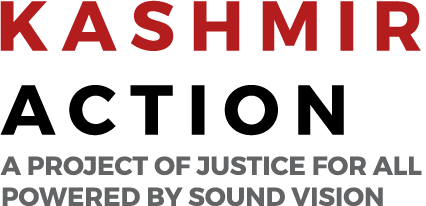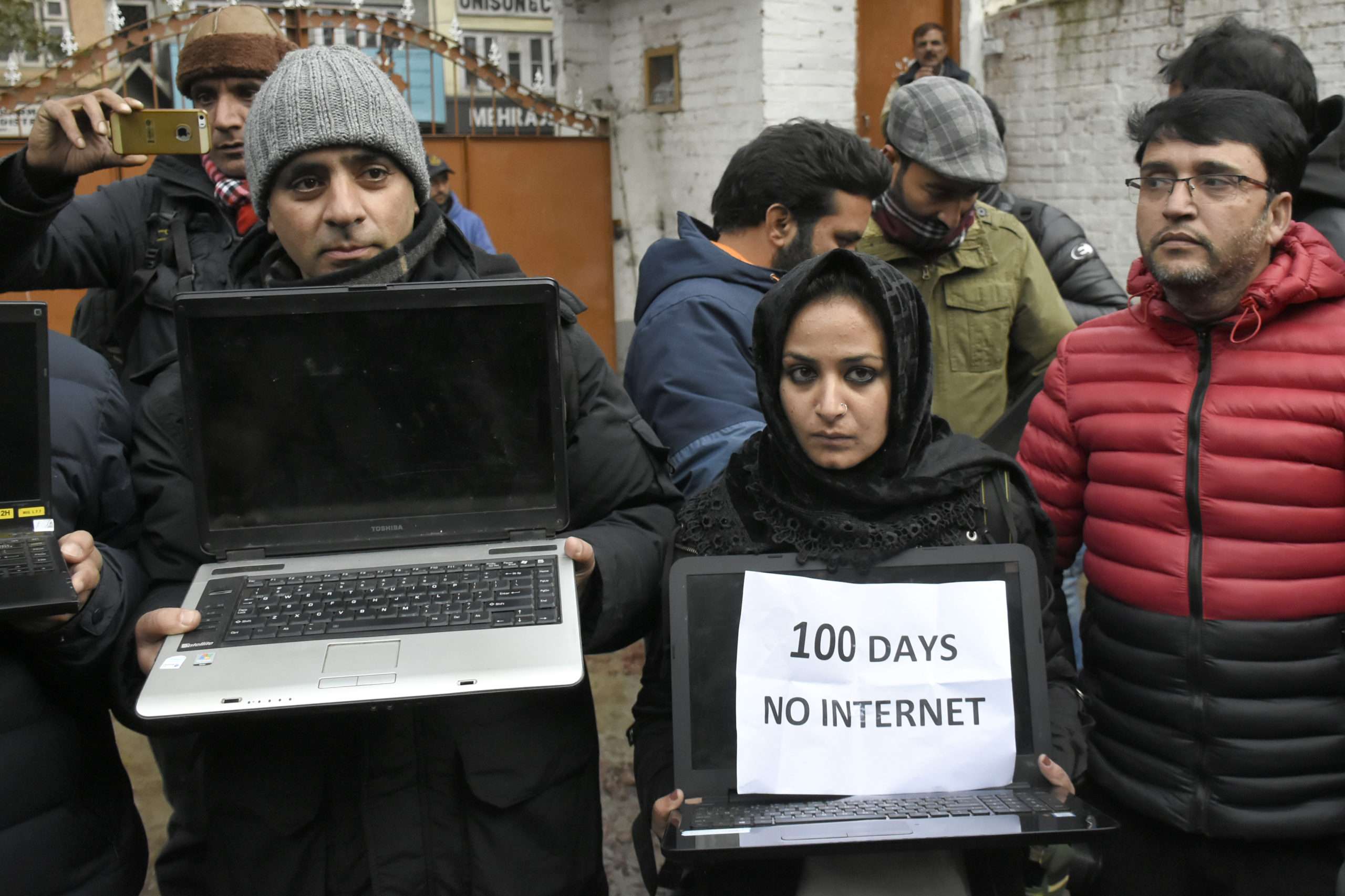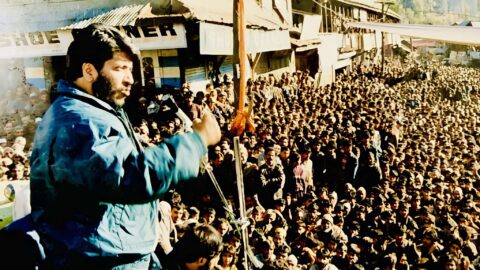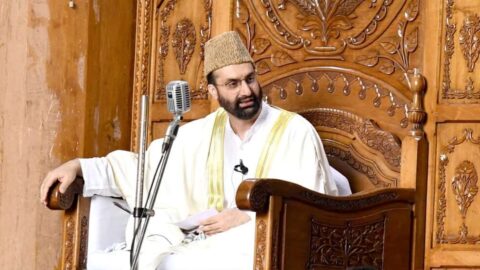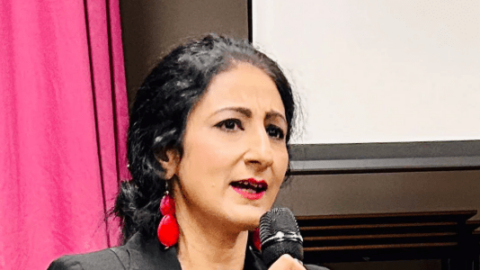This year, India ranked 150th out of 180 countries in the Press Freedom Index issued by press watchdog Reporters Without Borders. This is the India’s lowest ever rank on this index.
Kashmiri female journalist barred from traveling abroad to receive Pulitzer award
On the 18th of October, Kashmiri female journalist, Sanna Irshad Mattoo, was barred from traveling to New York by the Indian authorities. Mattoo won a Pulitzer award this year for her commendable work in photojournalism. It was the second time the Mattoo was barred from traveling abroad in less than six months.
Mattoo tweeted that “I was on my way to receive the Pulitzer award (@Pulitzerprizes) in New York but I was stopped at immigration at Delhi airport and barred from traveling internationally despite holding a valid US visa and ticket.”
The 28-year-old photojournalist was one of four journalists working for the Reuters news agency who won the Pulitzer for their journalistic work covering the COVID-19 pandemic. This is not the first time that Sana’s right to movement and press has been violated by the Indian authorities. In July, this year, she was barred in a similar way from traveling to Paris to attend a book launch and photo exhibition.
While speaking to AlJazeera, Mattoo stated that “This was a once-in-a-lifetime moment for me to go for receiving the Pulitzer Prize. But I was stopped without any reason. I am very heartbroken and disappointed.”
It is pertinent to note that Mattoo’s Reuters colleagues who were traveling with her were permitted to board the flight, as they are not from Occupied Kashmir.
In a statement issued by Reuters, it said it had “not been offered an official explanation as to why she has not been allowed to leave the country.”
Furthermore, on Wednesday, the US State Department stated it was “tracking” the situation. State Department deputy spokesperson Vedant Patel stated that they were aware of the reports that Mattoo had been prevented from traveling to the United States. He further added that “A shared commitment to democratic values including the respect for the independence of the press is a bedrock of the US-India relationship.”
Antonio Guterres, the United Nations secretary general, who is currently on a visit to India, on Wednesday urged India to safeguard “the rights and freedoms of journalists, human rights activists, students and academics” and the rights of “minority communities” amid growing concerns over the Hindu nationalist government’s anti-Muslim policies.
In a statement, the Committee to Protect Journalists also urged Indian officials to allow Mattoo travel to the US to participate in the Pulitzer awards ceremony.
“There is no reason why Kashmiri journalist Sanna Irshad Mattoo, who had all the right travel documents and has won a Pulitzer–one of the most prestigious journalism awards–should have been prevented from traveling abroad,” asserted Beh Lih Yi, CPJ’s Asia program coordinator.
“This decision is arbitrary and excessive. Indian authorities must immediately cease all forms of harassment and intimidation against journalists covering the situation in Kashmir,” Beh emphasized.
The case of Mattoo, however, is not a singular event. Rather, Indian state’s repression of press freedom in Kashmir is widespread and persistent. Independent journalist Aakash Hassan, a contributor to the Guardian newspaper and many other international outlets, was similarly barred from boarding a flight from New Delhi to Sri Lanka for work in July this year. The pattern indicates the systematic targeting of Kashmiri Muslim journalists.
